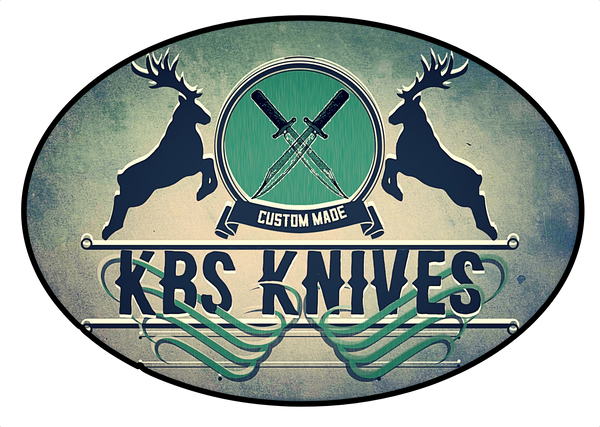
Is It Illegal to Carry a Pocket Knife?
Share

Understanding when it’s illegal to carry a pocket knife in the United States is essential for every knife owner, collector, or outdoor enthusiast. At KBS Knives Store, we believe in responsible ownership and staying informed about state knife laws to ensure safe and lawful carrying practices.
Carrying a knife doesn’t automatically make it a dangerous weapon, but laws vary across states and cities. Knowing these rules helps you avoid unnecessary legal issues and ensures you can carry any type of knife confidently and responsibly.
What Makes a Pocket Knife Legal or Illegal to Carry?
Not all knives are treated equally under the law. The legality often depends on blade length, opening mechanism, and intended use. Here’s how most states classify knives:
-
Folding Knives: Compact, with a blade that folds into the handle. These are typically legal unless they are assisted opening knives or automatic knives (switchblades), which may face restrictions.
-
Fixed Blade Knives: Non-folding knives such as hunting or camping tools. These may be restricted for concealed carry in some states.
-
Multi-Tool Knives: Include pliers, screwdrivers, or other features. Usually legal if not intended as a dangerous weapon.
Legal Definition and Common Restrictions
The legal definition of a pocket knife can differ by state but generally considers the following:
-
Blade Length: Many states restrict knives with blades longer than 3–4 inches.
-
Opening Mechanism: Gravity knives, ballistic knives, and assisted opening knives can fall under “prohibited weapons” in some areas.
-
Intended Use: Carrying a knife for self-defense may be interpreted as intent to use a weapon.
In some cases, dirks, daggers, and belt buckle knives are automatically considered illegal to carry, especially in public or government areas.
Federal and State Knife Laws Explained
Federal Knife Laws
-
Federal Switchblade Act of 1958: Bans interstate sale and import of switchblades but allows ownership if your state knife law permits it.
-
TSA Regulations: Knives with blades over 2.36 inches, or with locking/fixed mechanisms, are not allowed in carry-on luggage.
-
Federal Properties: All knives are prohibited inside federal buildings, courthouses, and certain public facilities.
Example State Knife Laws
-
California: Legal to carry most knives openly; switchblades over 2 inches are banned.
-
Texas: Allows adults to carry almost any knife, including bowie and hunting knives.
-
New York: Restricts gravity knives and certain concealed carry types.
-
Utah: Permits nearly all knives for lawful adults.
-
Washington State: Bans switchblades and some concealed knives.
Always verify your local and state knife law before carrying to avoid potential fines or arrests.
Where You Cannot Carry a Pocket Knife
Even if your knife is legal, carrying it into specific areas may still be prohibited. Avoid bringing knives to:
-
Schools and universities
-
Airports and airplanes
-
Government or federal buildings
-
Amusement parks and theaters
-
Sporting events and stadiums
These restrictions apply even to small folding knives or keychain models.
Key Takeaways for Safe and Legal Knife Carry
-
✅ Know your state knife law and local city ordinances.
-
✅ Check blade length and opening mechanism before carrying.
-
✅ Avoid carrying knives in restricted areas.
-
✅ Remember: ignorance of the law is not a defense.
-
✅ Choose legal and safe knives from KBS Knives Store.
Final Word from KBS Knives Store
At KBS Knives Store, we’re passionate about craftsmanship, safety, and lawful ownership. Whether you carry a folding pocket knife, hunting blade, or collectible Damascus knife, the key is to stay informed and use your knife responsibly.
For high-quality, legally compliant knives, explore our latest collection of EDC pocket knives, hunting blades, and custom handmade designs—crafted with care and precision.
